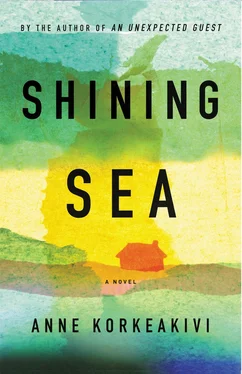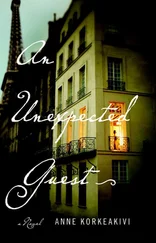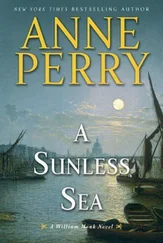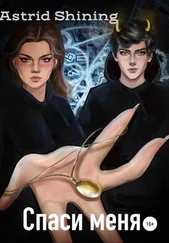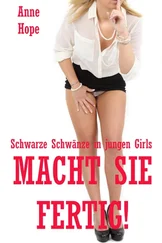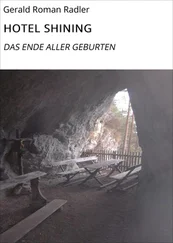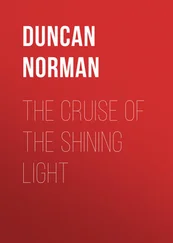Let me walk, Michael.
No, no, Jeanne. We’ll patch up the soles of your boots again this evening. For now, you stay put.
I can warm my feet up once we get home. It’s all right. Jeanne jumps off the sled this time, not waiting for him to answer. Her frost-covered mittens reach for the sled’s rope. How about this? I’ll pull the sled with our pails on it the rest of the way. You run ahead to start the fire.
Jeanne!
Come on, Michael. It won’t take me any longer than it would for you to pull me on the sled, so if you run ahead and get the fire going my feet will be able to start warming up sooner. They’re already soaked.
There’s no point in arguing. Jeanne is right. Mother goes on Father’s rounds with him now that they have the car, which means the kitchen will be cold and empty, and it’ll be up to him to get the fire going and supper started. Mother’s the one who learned how to drive the car; she says their father became a different man after going off to the Great War — eight months before they became first-time parents, before they even knew he was going to be born — so she has had to become a different woman. But Father still attends to patients all day. Even though the first months of 1933 have been even worse than 1932 and most people have no cash to pay for his services.
He slip-slides the rest of his way up the hill. He’ll have Jeanne read her lessons aloud while he starts on supper. He’s going to be a physician, like his father; that’s set in stone. Jeanne — she could be anything. She’s a genius.
His arms stacked with wood, he uses an elbow to unlatch the kitchen door. Someone has left a basket of beets in lieu of payment on the kitchen table; before going to bed, his mother will carefully mark the beets down in her ledger, and that will be that. The beets are fine. He’ll make beet-and-potato soup for dinner. But if only someone would leave some boots for Jeanne instead of leaving beets. Not even new boots, just better old ones than the hand-me-downs from him she’s now wearing, their worn soles lined with cardboard. At almost six feet tall, Jeanne is outgrowing her shoes too fast to keep up with.
Stamp up and down, he tells her when she busts in the door, carrying their snow-covered lunch pails and satchels. I’ll have the room warm in a jiffy.
He leaves the beets, kneels by the woodstove, and blows hard. Slowly the lick of flame grows. He draws the bench close and, just for a moment, sits on it beside his big little sister, savoring the warmth of the fire.
* * *
A bead of sweat runs down his forehead. The chill is gone from his arms and chest. In its place, a ball of heat, rising from his abdomen.
“That cloud’s coming this way,” Luke says. “Look — if you watch long enough, you can see it moving.”
“Daddy says it won’t rain.” Francis’s voice is so soft it’s barely audible.
Francis — such a beautiful baby and now such a beautiful boy, always a little apart from his older brothers and sister although only sixteen months younger than eleven-year-old Luke, nearly as close in age to Luke as Luke is to Mike Jr. Last night, he found Francis sitting alone in the half-dark of the garden shed, the book of Greek myths open on his lap. What are you doing in here? he asked.
Francis looked up at him and said sadly, I could never be brave like you, Daddy. Save people .
You mean be a doctor?
No. I mean brave like you were…over there.
Maybe they’ve been talking about the war in school. Or maybe it was just that book, sent to them at Christmas by Jeanne. All the bows and arrows, battles in it. Like Jeanne, the author, a man named Robert Graves, is a classicist.
You can be brave.
Francis shook his delicate head. I want to be like you, Daddy, but I could never be a hero.
Son, he said, you never know how you’ll be until you are tested.
Blood rushes from his heart. Whoosh. And then, snap. The pain is back, this time a blow of thunder in his chest cavity.
“If your father says it won’t rain, it won’t rain.” Barbara’s voice sounds far, far away. “That tiny little cloud, Luke? You’re worrying over that?”
The world grows dark, very dark. His head hits the lawn, knocking the glass of lemonade all over.
* * *
The oak trees on campus while he walks to the science laboratory, books in his arms, friends on either side of him. The breeze that flies through, shattering the leaves.
The rain, cold and alive and green.
* * *
“Stay with us, Michael! Stay with us!” Barbara is on her knees, beside him. The bulge of her abdomen hits his chest; still, her arms circle his neck and draw him toward her. “Call an ambulance, Patty Ann!”
His heart is pounding, too loud, too jagged.
* * *
A cool breeze. Then calm. He is not sure where he is. He is no longer walking along a body-strewn road in the Philippines. He is no longer passing through winter, autumn, one season after another. He lays his whole body down flat; the breeze brushes over him. The ground beneath him feels soft and mossy. Rain begins to fall, and it is tender, warm, it is the sound of his sister’s voice whispering to him to wake up on a school morning with the dawn just cracking through the windowpanes. It is Barbara. Her bright eyes wide-set and lustrous, her swift, light, determined steps, her way of clasping her hands together when laughing.
He is home. He is home.
Don’t bother Max’s cows. Let them moo in peace.
— Sign at Woodstock festival, 1969
Easter Sunday / April 22, 1962 Barbara
A BROWN-SUGARED HAM is waiting in the fridge. Two dozen white eggs are lined up in two long cardboard cartons for the kids to dye for Easter.
It’s not as though you wake up Good Friday morning and think: When I go to bed tonight, my energetic forty-three-year-old husband will no longer be living.
“Well,” she says, tucking her handkerchief inside her shirtsleeve and using both hands to propel her belly-heavy body up from the sofa. “The wake will begin in an hour. I better start making sandwiches.”
“You don’t have to do that,” Jeanne says, her voice wobbling toward the end of her sentence. Her sister-in-law’s tears are like raindrops hanging off the end of a branch, waiting to fall. The anticipation is exhausting. “We could put out the things brought by your neighbors last evening.”
“It makes her feel better to do something,” Luke says. He’s switched the television on, and filmy images of hundreds of British people halfway across the world in a Ban the Bomb march flit across the screen.
She lights a cigarette. She’s going to make sandwiches. She’ll use that damn ham for them. “Can’t you watch Bullwinkle or something that normal eleven-year-old boys watch, Luke? Where are your brothers and sister? Go find Patty Ann and tell her to help you dye the Easter eggs.”
“No one wants to dye eggs, Mom.”
If Michael were here, he would tell Luke off for speaking to her like that. She draws on her cigarette so hard the smoke hurts her lungs. But Michael isn’t here.
“Okay, Luke,” she says. “It was just a suggestion.”
In the kitchen, she ties on an apron and hoists the ham out of the fridge. Normally, Michael would be carving this up. They’d be just back from church, the table would be all set, and they would be sitting down together to Easter dinner. One of the kids would give a blessing. Another of the kids would crack an Easter egg on an unsuspecting brother’s head — probably Luke on Mike Jr.’s. Michael would gently reprimand Luke while she tried not to laugh, and then they’d inspect the remaining Easter eggs, admiring their bright colors and prettiness.
Читать дальше
